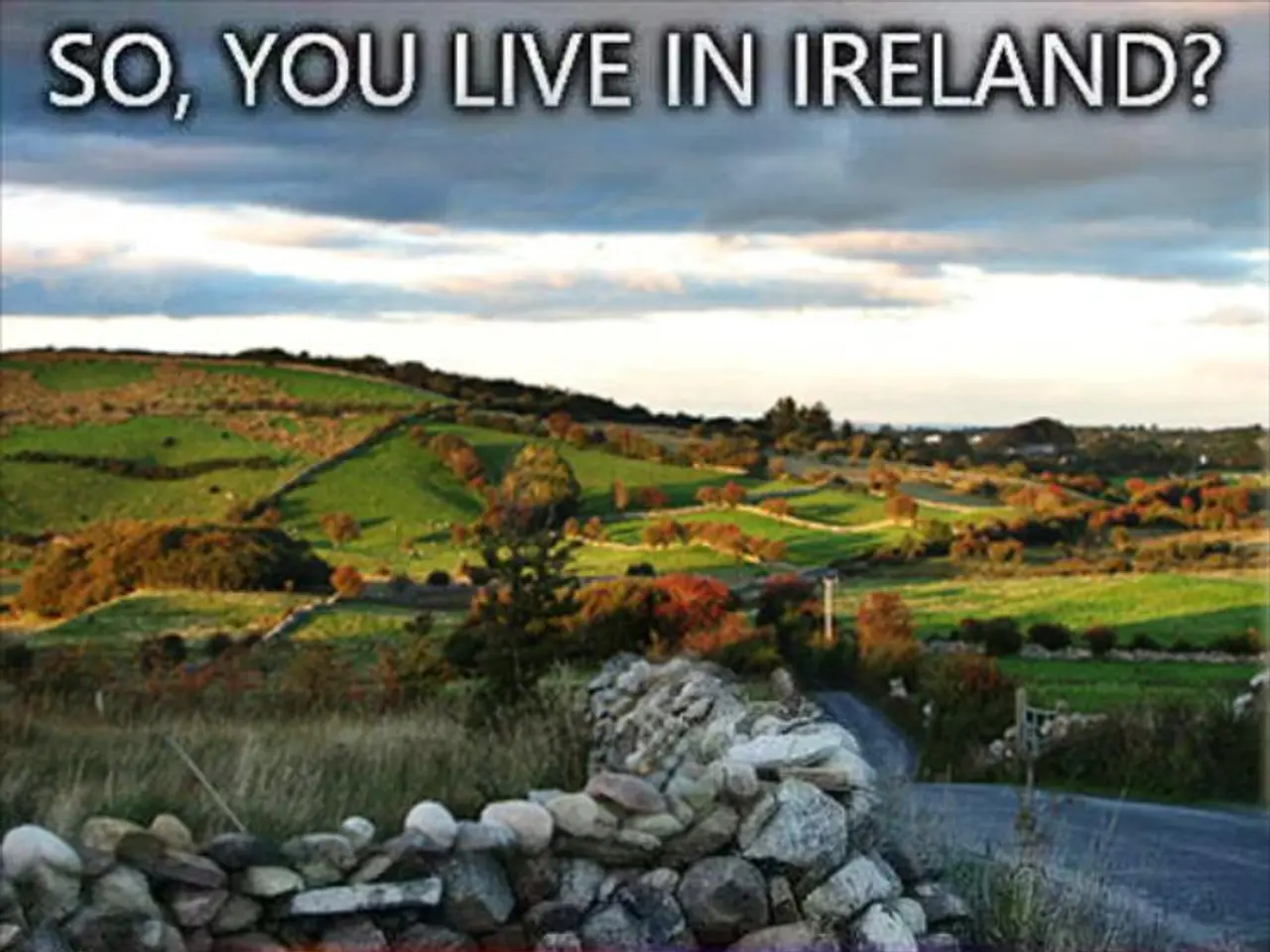Uncontrolled Blaze: Germans Battle Massive Wildfires in Spain
In the heart of Spain, a devastating inferno has been raging for two weeks, engulfing over 15,000 hectares of forestland. The blaze, known as the Jarilla fire, has prompted an international response, with Germany leading the charge among European nations offering aid.
Simon Friz, team leader of the EU Forest Fire Module Germany, underscores the importance of local knowledge in firefighting, given the steep slopes and challenging vegetation of the affected regions. Germany has dispatched 67 firefighting forces to Jarilla, Extremadura, Spain, to help battle the blaze.
The Spanish government has declared the most affected areas as disaster zones, paving the way for swift state aid for reconstruction. Prime Minister Pedro Sánchez has promised swift reconstruction aid for the affected areas, and the German forces are not alone in their efforts. France, Italy, and Finland have sent firefighting forces, while the Netherlands, Czech Republic, and Slovakia are supporting with firefighting helicopters.
Thomas Hickler, Professor of Quantitative Biogeography, highlights increasing heat and drought as the main reason for the record fires this year. The extreme wildfire waves in Spain are caused by a combination of human actions—such as negligence and intentional arson—and the effects of climate change, including prolonged heatwaves, drought, and changes in precipitation patterns that lead to abundant, dry vegetation that fuels the fires.
The air in Jarilla is full of smoke, it's very hot and dusty, and firefighting aircraft are constantly seen and heard. The wind keeps changing, making fire control difficult due to unpredictability, as Frank Frenser, spokesman for the Bonn fire department, explains.
Apart from Extremadura, the regions of Castile and León, Galicia, Asturias, and Valencia are also affected by the fires. Over 33,000 people have been displaced from their homes due to the fires, and the farmers' union COAG estimates direct damages to agriculture and livestock at least 600 million euros.
Sánchez visited Jarilla before the arrival of the German firefighting forces. Eight minor roads, parts of the Camino de Santiago, and some railway lines are still closed due to the fires. There have been four deaths and dozens have been arrested on suspicion of arson related to the fires.
The extreme wildfire waves in Spain are not an isolated event. Neighboring Portugal is also experiencing extensive wildfires, with a third fatality reported there on Wednesday. The destruction of over 3,900 square kilometers of nature since the beginning of the year makes it the largest destruction in Spain since EFFIS records began in 2006.
As the temperatures are expected to drop after the end of an unusually long, 16-day heatwave, making firefighting easier, rain is not expected in the area where the Germans are deployed in the next few days. Spanish Defense Minister Margarita Robles states that there are areas where the fire cannot be controlled by human means, only the weather will make control possible.
Despite the challenges, the international community remains united in their efforts to help Spain battle the devastating forest fires.
Read also:
- visionary women of WearCheck spearheading technological advancements and catalyzing transformations
- Recognition of Exceptional Patient Care: Top Staff Honored by Medical Center Board
- A continuous command instructing an entity to halts all actions, repeated numerous times.
- Oxidative Stress in Sperm Abnormalities: Impact of Reactive Oxygen Species (ROS) on Sperm Harm








